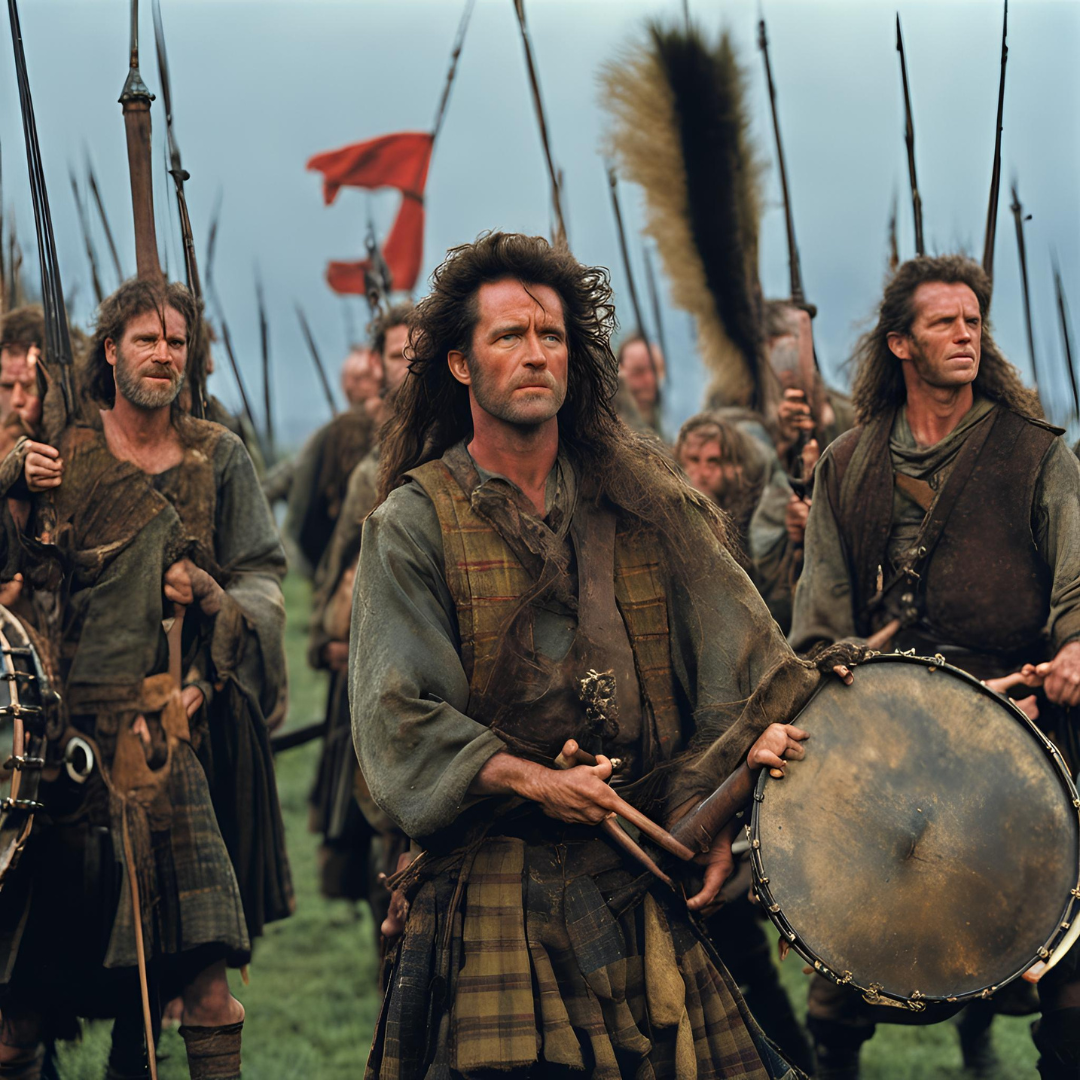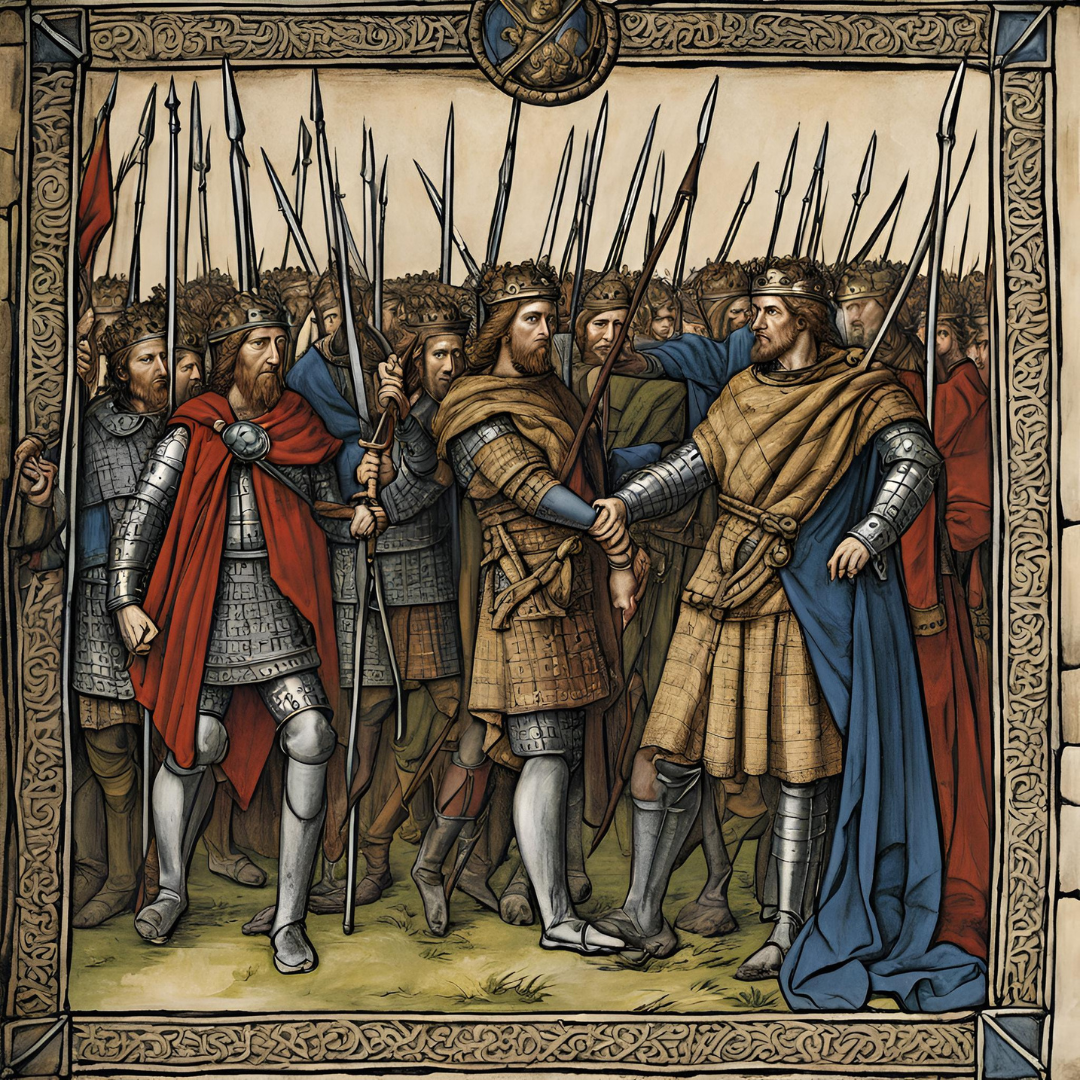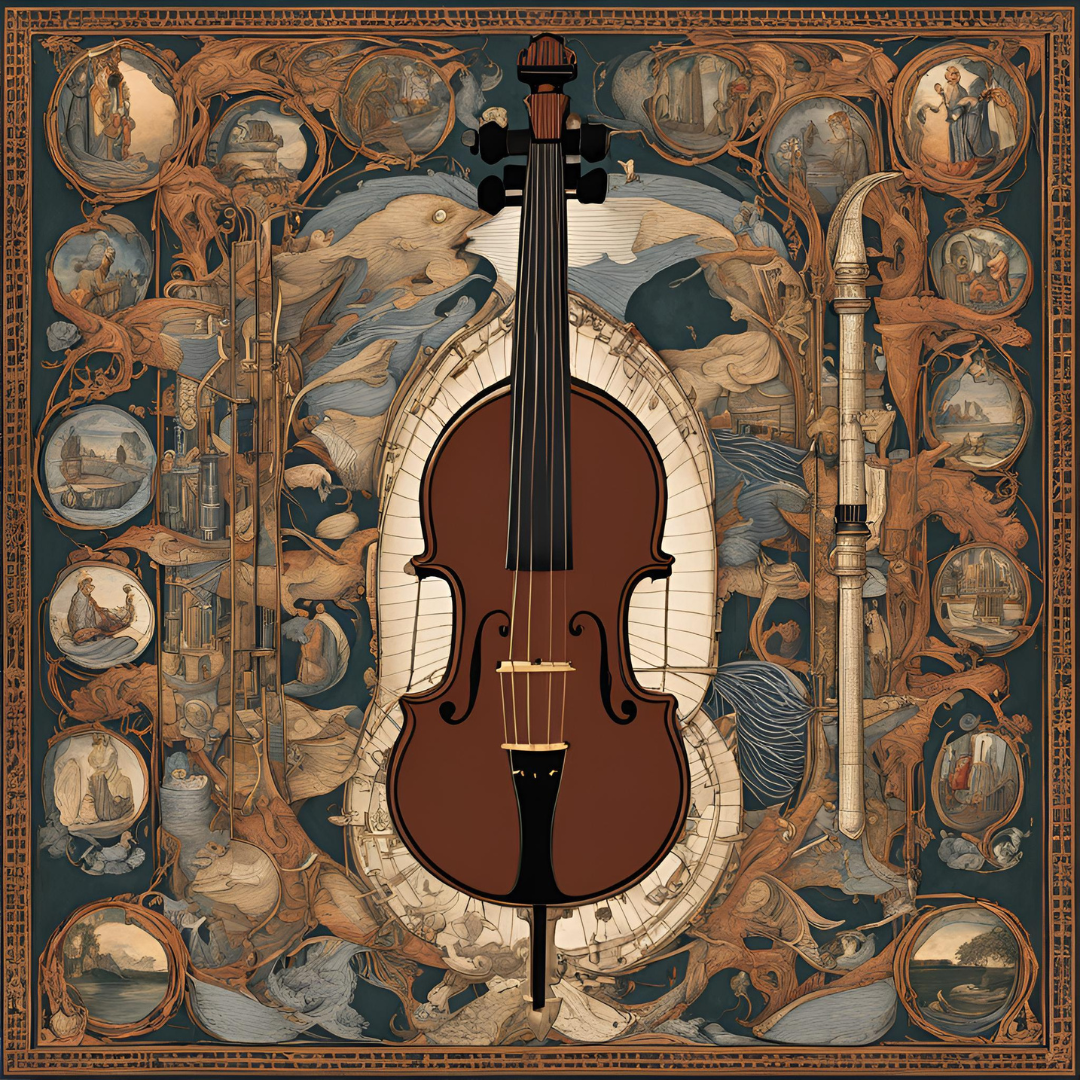James Horner: Braveheart
James Horner (1953–2015) was the god of war inthe world of film scoring—a master at crafting melodies that make you want todraw your sword and charge into battle. In 1995, he reached his own“battlefield peak” when he composed the score for Braveheart. The film tellsthe epic story of Scottish national hero William Wallace, who led a rebellionagainst English rule in the late 13th century. Horner’s music didn’t justaccompany this fight—it wrapped it in a heavenly soundtrack filter. This wasmore than just a film with a stirring score; it was a dialogue between historyand music. Through his melodies, Horner captured Scotland’s suffering,resistance, and glory, allowing audiences not only to see the film but to hear therise and fall of a nation’s destiny. So, how exactly did Horner tell thisrevolution through music? Let’s break down the true magic of this score.

The story takes place in 13th-centuryScotland, when King Edward I of England—nicknamed “Longshanks”—ruled with aniron fist, trying to subdue the land through brutal oppression. Wallace’slegend lies in the fact that he wasn’t of noble birth; he rose from among thecommon people to lead the Scots in defiance, becoming a national hero. Hisfight wasn’t just against England—it was a battle for freedom, identity, andthe right to shape one’s fate. In 1995, Mel Gibson decided to bring this storyto the big screen, and he turned to James Horner. By then, Horner had alreadyscored Aliens, Star Trek II: The Wrath of Khan, and Jumanji, but he had nevertackled a project with such heavy historical weight. Horner knew this wasn’tjust another war film—it was an epic that demanded deep emotion, culturalcharacter, and overwhelming impact. And so, he embarked on his own musicalcampaign.

Horner’s compositional style was always knownfor its strong melodies and emotional pull, and Braveheart stands as one of thefinest examples of these strengths. He built the film’s entire soundscape fromthree core musical elements:
The Braveheart Theme – Summoning the Soul of aNation
Horner understood that Braveheart wasn’t ageneric Hollywood war movie—it was a Scottish national epic. Rather thanrelying on the standard Hollywood symphonic style, he wove Celtic melodiesthroughout the score. Bagpipes, cello, and harp painted the vastness of theHighlands, evoking the sound of wind sweeping over mountains and warriorswhispering by the fire. Gentle harp passages paired with bagpipes captured thepastoral beauty of Wallace’s childhood, setting the cultural foundation for theentire film.

The genius of James Horner’s music lies in thefact that he didn’t just write a score—he told a story. His melodies carried anarrative quality that allowed listeners, even with their eyes closed, tofollow the arc of the plot. In Braveheart, he fused music and drama throughseveral techniques:
Repetition of Motifs: The “freedom theme”reappears throughout the film—sometimes tenderly voiced by bagpipes (inWallace’s childhood scenes), sometimes roaring through the orchestra (in thefinal battles)—building an emotional progression.
Symbolic Use of Instruments: Bagpipes embodythe Scottish spirit, cello and harp represent tenderness and longing, whilebrass and percussion channel the fury of battle. Horner’s orchestration gavethe score layers of meaning.
Emotional Crescendos: The music didn’t justsit in the background—it followed a deliberate dramatic arc. Battle cues surgedfrom tension to chaos, while emotional moments moved from softness to tragicgrandeur, mirroring the film’s rhythm.

When Braveheart premiered in 1995, Horner’sscore instantly achieved legendary status, becoming one of the most belovedsoundtracks in cinema history. Though the year’s Oscar for Best Original Scorewent to Pocahontas, countless fans still consider Braveheart the true winner.The score went on to influence countless later epics—without it, films likeGladiator or The Lord of the Rings might never have embraced that sweeping,bittersweet grandeur. With this soundtrack, James Horner proved that film musicisn’t just atmosphere—it’s part of the story, the soul of the characters, theecho of history itself.
And when that final cry of “Freedom” driftsaway into the Highland wind, we realize this wasn’t just Wallace’s dream ofliberty—it was the eternal gift of music, leaving us forever moved.
